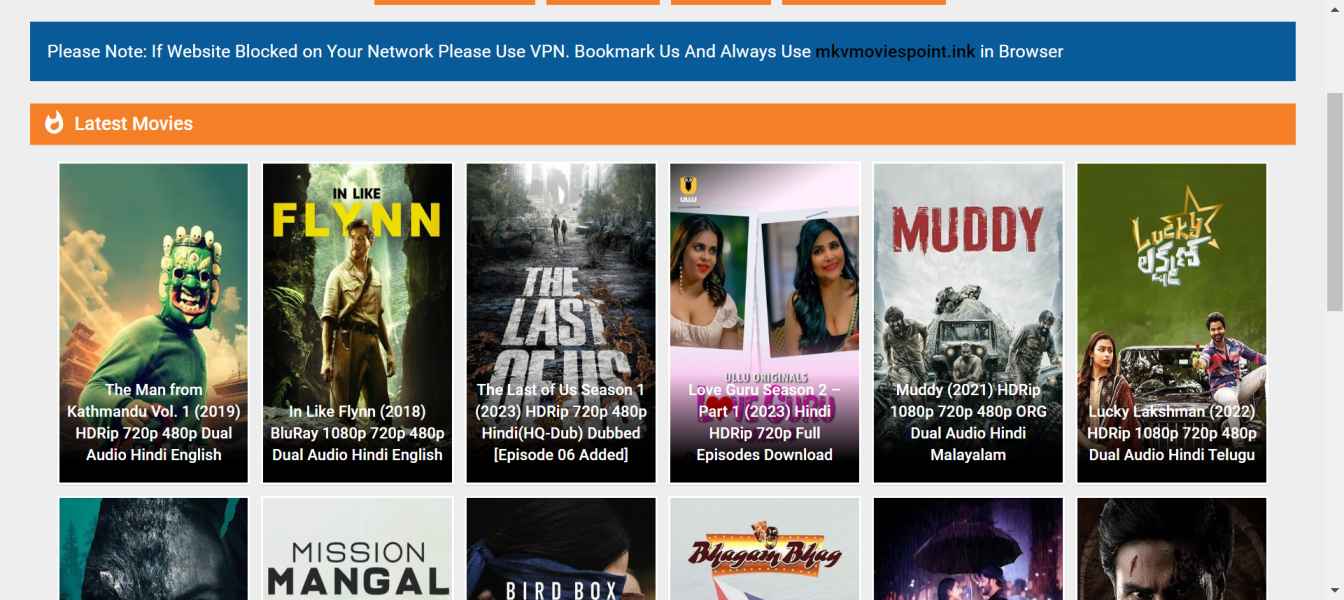Is the digital frontier truly boundless, or are we navigating a landscape increasingly constricted by the limits of information retrieval? The recurring "We did not find results for:" message, a digital echo of frustration, is a stark reminder that the vastness of the internet is not synonymous with accessibility. It begs the question: are our search algorithms failing us, or are we failing to communicate effectively with the digital world?
The prevalence of this phrase, coupled with the directive "Check spelling or type a new query," points to a fundamental disconnect. It's a digital dead end, a virtual cul-de-sac that leaves the user stranded and the query unanswered. This repeated experience, a common malady of the online experience, speaks volumes about the challenges inherent in accessing and interpreting information. This experience is not just frustrating; it's a symptom of a deeper issue, one where the tools we rely on to unlock the digital realm sometimes fall short of their promise. It underscores the need to refine our search strategies, to understand the nuances of keyword selection, and to recognize that the path to knowledge online is paved with more than just the click of a button. The digital space, like any environment, requires careful navigation. Failing to chart a course, or misinterpreting the signs, will inevitably lead to the discouraging words: "We did not find results."
Let's examine some potential causes of this pervasive issue. The first, and perhaps most obvious, is the ubiquitous human error. Misspelling a word, using incorrect grammar, or employing an outdated term are all contributing factors. The second challenge comes from the limitation of the search engine itself. No search algorithm is perfect, and even the most sophisticated systems can fail to provide the correct results for complex or unusual queries. Another issue arises when considering the quality of information indexed. Websites may not employ the proper SEO (Search Engine Optimization) practices or may be coded in a way that makes them difficult for search engines to process. Furthermore, the constant evolution of the internet, coupled with the changing trends of content, make it all the more challenging to remain informed.
- Subhashree Sahu Viral Video What You Need To Know Latest Updates
- Explore Fly Documentary Couples Base Jumping Lifes Urgency
Furthermore, this digital dead end can be attributed to the limitations of the user's phrasing. The way a question is posed to a search engine can greatly affect the resulting outcome. If the question is phrased in an ambiguous or vague way, the search engine might return a plethora of results that do not quite meet the intended objective. Conversely, the user's intent, even if clearly defined, may not align with how content is structured online. If the user expects a specific answer to a question, but there is no readily available information, the search query is likely to fail. The most significant reason for repeated negative results is the lack of relevant content on the internet. In a world of constant change, the creation of accurate and up-to-date content is an ongoing struggle. The absence of updated data may be the reason why a search may consistently fail.
The recurring "We did not find results" message serves as a constant reminder of the complex relationship between human intention and digital retrieval. It's a problem with many facets, reflecting not just a gap in our own skills, but also the inherent limitations of the digital world. The remedy isn't simple but must start with acknowledging the problem and committing to solutions. This means refining the way we ask questions, understanding the limitations of the tools we use, and constantly reassessing our own digital literacy.
Consider, for example, the seemingly simple task of researching historical events. A user, perhaps a student tasked with writing a report, might begin with a broad term like "French Revolution." A perfectly valid query, one might think. But what if the user misspells "Revolution?" What if the user's understanding of the topic is too vague to articulate a more precise query? What if the relevant websites use different terminology, or haven't been properly optimized for search engines? The result? The dreaded "We did not find results." Or, if the results are found, they could be incomplete, providing a limited or perhaps even inaccurate depiction of the event.
- Patrick Duffys Current Relationship Love After Loss Linda Purl
- Balthazar Videos The Controversy Where To Find It Explained
The user needs to consider what they are trying to achieve, but the user also needs to be aware of the many complexities. This requires the user to refine their approach, considering various factors, such as: the date, any events or personalities associated with the event, and keywords that accurately describe the topic. The use of phrases and Boolean search operators (e.g., "AND," "OR," "NOT") can narrow down the results. For the search query to be effective, it also requires the user to be familiar with available research resources, such as specialized databases and academic journals.
Let's consider how this issue applies to the world of art and culture. Imagine a scenario where a researcher is interested in finding information about a specific artistic movement. Let's say the user types in "Impressionism painting styles." Without a basic knowledge of the period, the search could produce limited results. The user must be precise with their search term and must have the knowledge to ask the correct questions.
This scenario shows the importance of knowing your subject and of having search skills. It isn't enough to know the right questions. The user must also know how to structure their search for the correct results. Understanding the evolution of art movements, art styles, and the artists themselves enables the searcher to obtain more accurate results.
The "Check spelling or type a new query" phrase is a clear indication of the need for precision in digital communication. It highlights the fact that digital retrieval is not an intuitive process. It is a skill that demands attention, and a process that needs a clear understanding of words and concepts.
The inability to find results should motivate us to develop better search strategies. We must learn to formulate our queries more effectively, to use keywords, and to take advantage of advanced search operators. We must understand the limits of search engines and be prepared to employ multiple strategies. The internet is a powerful tool, but it is not an all-knowing one. We must approach it with a critical eye and be willing to dig deep to get to the information we need.
In a world of rapidly expanding information, the ability to locate and understand information is vital. By becoming aware of the problems associated with this issue, we become more digitally aware and prepared to engage in effective communication.
- Jarret De Porc Recipes Cooking Methods Delicious Dishes
- Discover Omerta 47 Maes Latest News Insights


